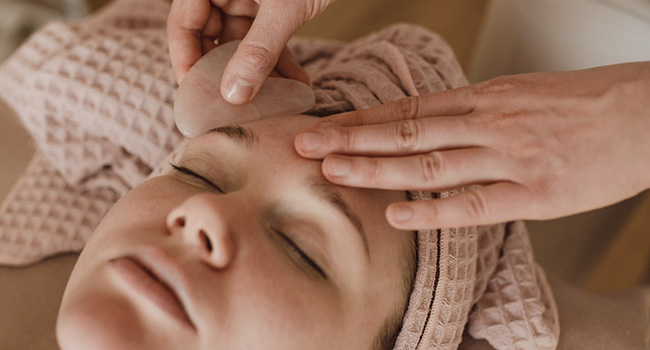
Migraines are debilitating headaches affecting millions worldwide, significantly impacting their daily lives. Women are disproportionately affected by migraines, with a higher prevalence than men. These severe headaches often strike during hormonal fluctuations, such as menstruation, pregnancy, and menopause.
Migraines can disrupt daily life, causing intense pain, nausea, sensitivity to light and sound, and sometimes temporary disability. The impact extends beyond physical pain, affecting emotional well-being and quality of life. Migraine is a complex neurological condition with various triggers, including stress, dietary factors, and sleep disturbances. Managing migraines in women often involves a multifaceted approach, including lifestyle modifications, stress management, and sometimes medication tailored to individual needs and hormone-related patterns.
Clinical Trial
A clinical trial explored the potential benefits of connective tissue massage (CTM) as a non-pharmacological and complementary therapy for women suffering from migraines. Participants were divided into two groups: the CTM group (eight women who received CTM in addition to an education program) and the control group (eight women who only received the education program). The treatment period spanned four weeks, during which participants in the CTM group received one educational session and 12 CTM sessions.To track the effects of CTM, participants maintained a headache diary. This diary included information about pain characteristics, accompanying symptoms, and medication usage before, during, and after the treatment. We also assessed disability, sleep quality, psychological status, and overall quality of life using established scales such as the Migraine Disability Assessment Scale, Pittsburgh Sleep Quality Index, Hospital Anxiety and Depression Scale, and Headache Impact Test-6.
